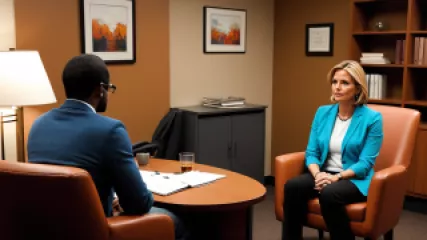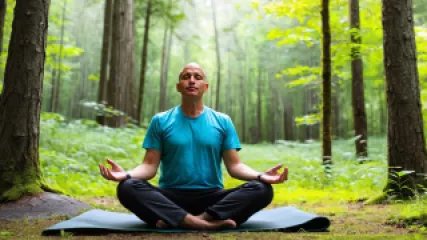How to Use Online Therapy for Social Anxiety Relief
1 year ago
Social Anxiety
What Are the Key Holistic Therapy Techniques for Wellbeing?
1 year ago
Holistic Therapy
Unlock the Power of Nature: A Step-by-Step Guide to Experiencing the Benefits of Nature Therapy
1 year ago
Benefits of Nature
10 Essential Tips for Supporting Yourself During Life Transitions
1 year ago
Life Transitions
How to Navigate Life Transitions: A Step-by-Step Guide for Online Therapy
1 year ago
Life Transitions
The Ultimate Guide to Understanding Resistance in Counseling
1 year ago
Understanding Resistance
10 Proven Strategies for Coping with the End of a Relationship
1 year ago
Coping with End of Relationship
Overcoming the Enigma of Resistance: An Introspective Perspective
1 year ago
Understanding Resistance
Overcoming Virtual Sleep Disorders: My Personal Journey
1 year ago
Sleep Disorders
What is the Psychology of Joy and How Can it Improve Therapy for Happiness?
1 year ago
Psychology of Joy
My Journey in Nurturing Digital Wellbeing
1 year ago
Digital Wellbeing
The Untold Truths About Online Sleep Disorder Resources
1 year ago
Sleep Disorders
5 Healthy Steps to Heal and Move On After a Breakup
1 year ago
Coping with End of Relationship
Unraveling the Complexities of Chronic Stress Management: A Research-Driven Approach
1 year ago
Managing Chronic Stress
The Ultimate Guide to the Therapeutic Effects of Natural Environments
1 year ago
Benefits of Nature















